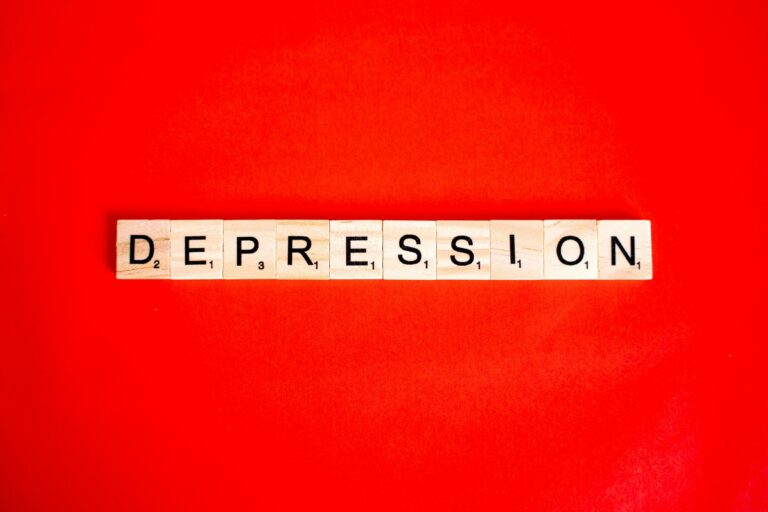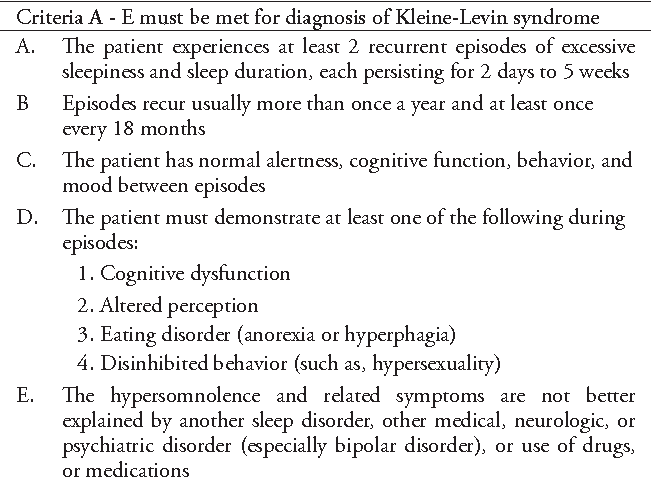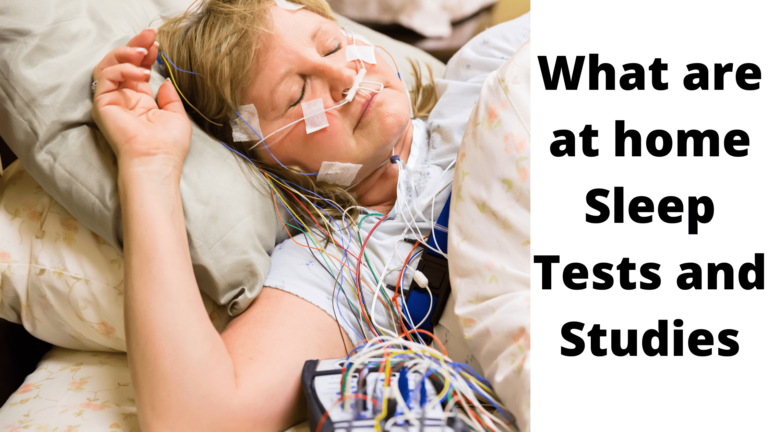What Are The Different Stages Of Sleep And How Do They Relate To Sleep Disorders?

Have you ever wondered what happens in your brain and body while you’re asleep? The world of sleep is incredibly fascinating and more complex than you may think. Understanding the different stages of sleep can help you gain insight into why quality sleep is so crucial for your health and well-being. It can also shed light on why sleep disorders can be so disruptive and debilitating.

The Different Stages of Sleep
Your sleep cycle can be broken down into a series of stages, each uniquely contributing to your rest and recovery. These stages are typically divided into two main categories: Non-REM (NREM) sleep and REM (Rapid Eye Movement) sleep.
Stage 1: NREM Sleep
Stage 1 is the lightest phase of sleep, marking the transition from wakefulness to sleep. This stage usually lasts 5 to 10 minutes and features slow eye movements and reduced muscle activity. It’s easy to wake up from this stage, and you might even experience sudden muscle contractions known as hypnic jerks.
Stage 2: NREM Sleep
Stage 2 is where your body starts to prepare for deep sleep. During this phase, your heart rate slows, and your body temperature drops. While you can still be awakened relatively easily, your body is gradually moving into a more restful state. Sleep spindles and K-complexes, specific brain wave patterns, mark this stage and are believed to play a role in memory consolidation.
Stage 3: NREM Sleep
Stage 3 is often referred to as deep sleep or slow-wave sleep due to the high amplitude, low-frequency delta waves that dominate this stage. This phase is critical for physical restoration and recovery, allowing your body to repair tissues, grow muscles, and strengthen the immune system. It’s much harder to wake someone up during deep sleep, and doing so can leave them feeling groggy and disoriented.
REM Sleep
REM sleep is perhaps the most intriguing stage, characterized by rapid eye movements, increased brain activity, and vivid dreams. Unlike the more restful NREM stages, REM sleep is sometimes considered paradoxical sleep because of the heightened brain activity paired with muscle atonia (temporary paralysis). This stage is crucial for cognitive functions like memory consolidation, learning, and emotional regulation.
Table: Stages of Sleep and Their Characteristics
| Stage | Characteristics | Importance |
|---|---|---|
| Stage 1 | Light sleep, slow eye movements | Transition from wakefulness to sleep |
| Stage 2 | Heart rate slows, temperature drops | Memory consolidation, preparation for deep sleep |
| Stage 3 | Deep sleep, high delta waves | Physical restoration, tissue repair |
| REM | Rapid eye movements, vivid dreams | Cognitive functions, emotional regulation |
The Sleep Cycle
These stages don’t occur in a random sequence but follow a cyclical pattern throughout the night. A typical sleep cycle lasts about 90 minutes, during which you progress through the stages from NREM to REM before the cycle resets. Most people go through four to five cycles per night, with REM stages getting longer as the night progresses.
Sleep Disorders and Their Relationship to Sleep Stages
Knowing the stages of sleep also helps in understanding how various sleep disorders can affect your nights. Disruptions in any stage can lead to a host of problems, impacting your physical and mental health.
Insomnia
Insomnia is characterized by difficulty falling asleep, staying asleep, or both. Those who suffer from it often have a hard time transitioning from Stage 1 to deeper stages. This lack of progression leaves them feeling unrefreshed, impacting their daily lives. Insomnia often stems from stress, anxiety, or lifestyle factors and can result in reduced REM and Stage 3 sleep, preventing proper cognitive and physical restoration.
Sleep Apnea
Sleep apnea is a disorder where breathing repeatedly stops and starts during sleep. This condition often disrupts NREM and REM sleep, leading to frequent awakenings and poor sleep quality. People with sleep apnea rarely reach deep sleep or sustain long REM periods. This disruption has numerous consequences, including excessive daytime sleepiness, poor cognitive function, and heightened risk of cardiovascular issues.
Restless Leg Syndrome (RLS)
RLS causes an irresistible urge to move your legs, especially when you’re trying to sleep. The constant need to move can keep you stuck in the lighter stages of sleep, hindering progression to restorative deep sleep and REM stages. As a result, individuals with RLS often wake up feeling tired and unfocused.
Narcolepsy
Narcolepsy is characterized by sudden sleep attacks and excessive daytime sleepiness. People with narcolepsy often enter REM sleep almost immediately, skipping the earlier NREM stages. This unusual pattern causes fragmented sleep and impacts the quality and restorative power of their overall sleep.
Parasomnias
Parasomnias include disorders like sleepwalking, night terrors, and REM sleep behavior disorder. These conditions usually occur during the NREM stages, disrupting the natural progression of sleep. For instance, sleepwalking typically happens during deep sleep, causing dangerous situations and leaving the individual feeling unrested.
Table: Sleep Disorders and Affected Sleep Stages
| Disorder | Affected Sleep Stages | Consequences |
|---|---|---|
| Insomnia | Difficulty in all stages | Poor restorative sleep, daytime dysfunction |
| Sleep Apnea | NREM and REM | Fragmented sleep, cardiovascular issues |
| Restless Leg Syndrome (RLS) | Light sleep (Stages 1 and 2) | Tiredness, poor focus |
| Narcolepsy | Immediate entry to REM | Fragmented sleep, excessive daytime sleepiness |
| Parasomnias | Typically NREM | Dangerous situations, unrested feeling |
Vector Sleep Diagnostic Center: Your Partner in Sleep Health
When sleep problems disrupt your life, professional help can make a difference. Vector Sleep Diagnostic Center is dedicated to diagnosing and treating a broad range of sleep disorders. Let’s delve into how their expertise can support your journey toward better sleep.
About Vector Sleep Diagnostic Center
Vector Sleep Diagnostic Center stands out for its comprehensive approach to sleep health. Under the skilled leadership of Dr. Dmitriy Kolesnik, the center provides state-of-the-art sleep diagnostics and treatments enriched by years of clinical excellence.
Expertise Driven by Dr. Dmitriy Kolesnik
Dr. Dmitriy Kolesnik is not only a board-certified specialist in Sleep Medicine but also has certifications in Psychiatry and Neurology. His medical journey began at St. Petersburg Medical School in Russia, and he has continued to refine his expertise since moving to New York in the early 1990s. Dr. Kolesnik’s extensive experience in both academia and patient care makes him exceptionally proficient in addressing a wide array of sleep disorders.
Table: Credentials of Dr. Dmitriy Kolesnik
| Credentials | Details |
|---|---|
| Medical School | St. Petersburg Medical School |
| Relocated to | New York, Early 1990s |
| Board Certifications | Sleep Medicine, Psychiatry, Neurology |
| Academic Position | Clinical Instructor, Weill Medical College |
Comprehensive Services at Vector Sleep Diagnostic Center
Specialized Evaluations
At Vector Sleep Diagnostic Center, you can expect meticulous evaluations tailored to uncover the unique causes behind your sleep issues. Whether it’s advanced diagnostic tools or specialized assessments, the center is well-equipped to provide a thorough understanding of your sleep health.
Insomnia Solutions
Insomnia is a condition that affects your mind and body deeply. Vector offers tailored solutions to tackle the root causes of insomnia, helping you regain control and enjoy restful nights once more.
Sleep Apnea Care
Vector Sleep Diagnostic Center excels in diagnosing and treating sleep apnea. With comprehensive services that include CPAP (Continuous Positive Airway Pressure) titration and device setup, you’ll receive the effective treatment you need for better sleep.
Sleep Studies
Accurate diagnosis is the first step toward effective treatment, and Vector offers a variety of sleep study options to fit your specific needs. From home sleep tests to overnight polysomnography, you’re in capable hands for precise assessments.
Continuous Care and Follow-Up
Vector Sleep Diagnostic Center believes that achieving optimal sleep health is an ongoing journey. Their follow-up and continuous care programs ensure you receive the support you need long after the initial diagnosis, making adjustments as necessary to keep your treatment effective.
Table: Services Offered at Vector Sleep Diagnostic Center
| Service | Description |
|---|---|
| Specialized Evaluations | Tailored assessments for unique sleep challenges |
| Insomnia Solutions | Targeted treatments to address root causes |
| Sleep Apnea Care | Diagnosis, CPAP Titration, Device Setup |
| Sleep Studies | Home tests, polysomnography, pediatric studies |
| Continuous Care | Follow-up support and treatment adjustments |
Why Choose Vector Sleep Diagnostic Center?
Opting for consultation and education services at Vector means you’re entrusting your sleep health to experts. The team stays current with the latest research and treatment modalities, ensuring you receive cutting-edge care customized to your needs. If sleep disorders are impacting your life, Vector Sleep Diagnostic Center is committed to helping you identify, understand, and manage them for an improved quality of life.

Conclusion
Understanding the stages of sleep offers invaluable insights into the complex processes that govern rest and recovery. Disruptions in these stages can lead to a variety of sleep disorders, affecting everything from cognitive function to physical health. Whether you’re struggling with insomnia, sleep apnea, or any other sleep-related issue, knowing the specifics can empower you to seek the right treatment.
At Vector Sleep Diagnostic Center, your sleep health is their top priority. With specialized evaluations, tailored treatments, and a commitment to continuous care, they provide a comprehensive path to better sleep. Under the expert guidance of Dr. Dmitriy Kolesnik, the team at Vector Sleep Diagnostic Center is dedicated to diagnosing and treating a broad spectrum of sleep disorders effectively and compassionately.
Don’t let sleep disorders compromise your quality of life. A proper understanding of sleep stages and the right professional help can make all the difference in regaining restful, rejuvenating sleep. Contact Vector Sleep Diagnostic Center today to start your journey toward improved sleep health.






